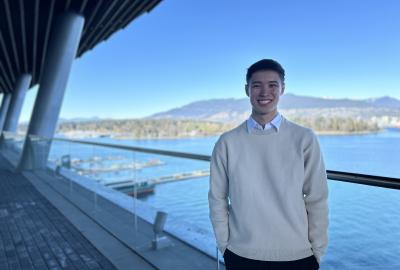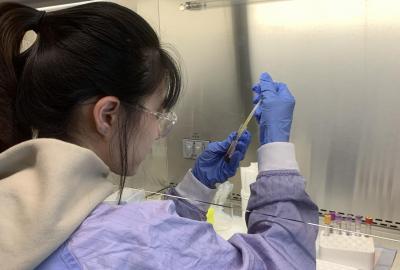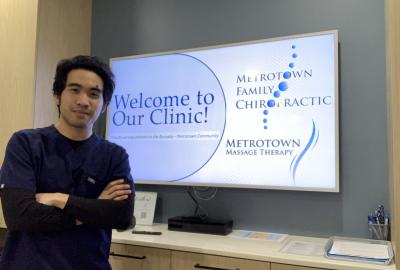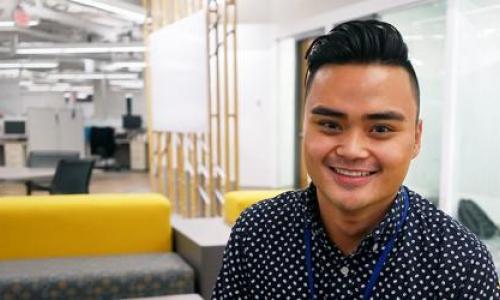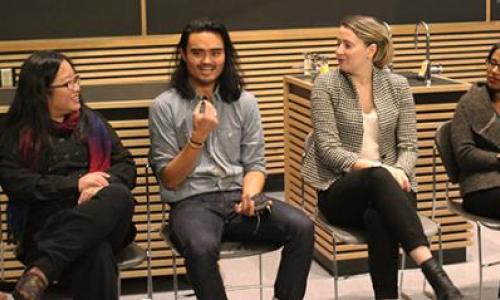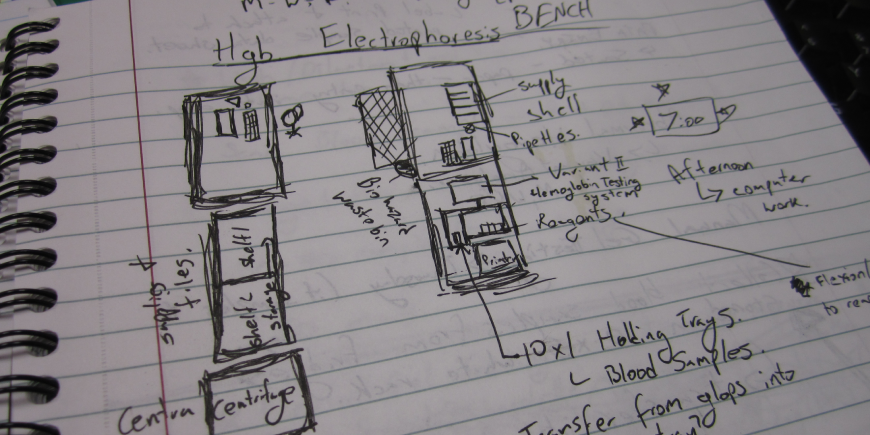
Biomedical Physiology and Kinesiology students often find themselves lost in the hazy fog of physiotherapy, med school, chiropractic’s and post-graduate studies. New graduates can find salvation in a challenging, but rewarding field that calls upon the creative and the technical sides of an individual. Read on to learn about working in the field of Ergonomics.
Finding the Right Fit
Approaching graduation can be a frightening time for many students who still can’t quite figure out what it is they want to do with their degree. Between med school, physio, chiropractic’s, post-graduate studies, it can be difficult to find the right fit. I was in a similar position, until I stumbled upon BPK 180-W, an Intro to Ergonomics class that opened me up to a whole new type of subject matter.
Ergonomics combines a blend of science-based technical principles, as well as creative principles, including design and solution implementation. The central principle of ergonomics revolves around matching the physical and cognitive characteristics of a job to those of the employee; fitting the job to the person, rather than the person to the job. Ergonomics investigates physical, social, psychological, and environmental factors and dissects the relationship between these factors and the users own personal characteristics. Subject matter that I once thought would be boring, stale, and baseless transformed into flowing, dynamic, and progressive ideas that began to shape the way I looked and thought about tasks, products, and processes. I began to see how ergonomics touched each and every aspect of life, from the design and shape of my headphones, to the fundamental structure of work organizations. Ergonomics transformed right before my eyes into a blossoming, progressive field of study, one I became very interested in.
I currently work as an Ergonomics Co-op Student at Lifelabs Medical Laboratory, a medical laboratory company. As a co-op student, I conduct assessments, write technical reports, design and implement solutions, create and present ergonomic information documents. On a daily basis I am able to improve the health and well-being of employees by reducing the risk of injury through the re-design of workstations, and through providing knowledge on proper postures, movements, and processes. Ergonomics has provided me an opportunity to not only find a place where I fit in, but also an opportunity to design jobs so that others fit-in as well.
Viability and Variety
Ergonomics is a prospering area of employment and was even identified as one of the Eight Emerging Careers for 2013 by the U.S Department of Labour. Companies are becoming more safety conscious and with the increasing number of sedentary jobs, the need for occupational ergonomists is on the rise. Ergonomists are also needed in product design to help create items that reflect the user’s needs and characteristics. In fact, almost all professional areas require ergonomics in some aspect, whether that is manufacturing, healthcare, agriculture, mining and natural resource extraction, and even Aerospace; ergonomics plays a role in the design of the products, processes, and work structure of each of these areas.
Exploring Ergonomics at SFU
Simon Fraser University now offers a certificate in occupational ergonomics to help you develop the skills and understanding necessary to pursue a career in ergonomics. With a more streamline design than the past ergonomics concentration, the occupational ergonomics certificate only requires a few additional classes, but provides a wealth of knowledge. They have a complete list online of the required classes for the certificate called the Occupational Ergonomics Certificate. Start early and act now, even if you do not plan on explicitly pursuing a career in ergonomics, ergonomic principles are an asset in physiotherapy, medicine, athletic training, and pretty much all other BPK careers.
Beyond the Blog
-
Check out this SFU website for more information on the Ergonomics Certificate at SFU.




